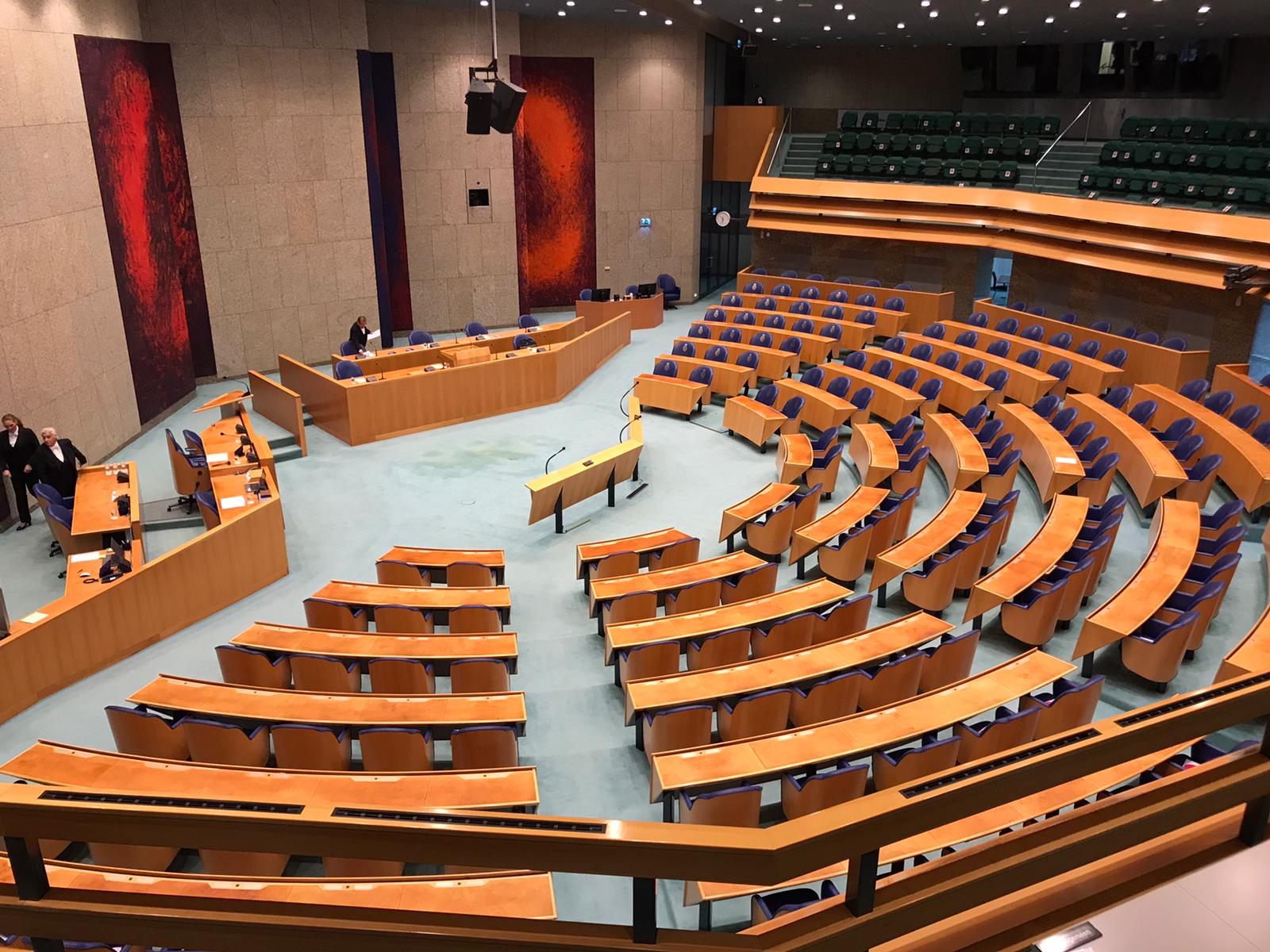Dutch coalition deal short on detail, big on doubtful cutbacks

The coalition agreement put together by the PVV, VVD, NSC and BBB would improve the government’s finances and slightly increase average spending power, but there are questions about its feasibility, according to calculations by central planning office CPB.
Last week, MPs called on the CPB to analyse the financial implications of the plans, ahead of Wednesday’s debate. The agency concludes that the budget deficit would be cut to 2.7% by 2028, well under the EU limit, but that would have risen to 3.3% in 2026.
Households will have 0.8% more to spend a year in the coming four years while the number of people living below the poverty line will fall by 0.7% to 4.7%. Some 5.3% of children will grow up in poverty, a drop of 0.6 percentage points.
However, the CPB points out that the agreement is largely made up of ambitions rather than actual strategy, which makes a full analysis more difficult. The agency has also not assessed if the more concrete plans are legally possible.
It points out that while spending on healthcare and social security will rise, the government will put less money into education, public services, development aid and climate policy.
It describes the plan to cut the civil service by 22% as “not plausible” as long as the parties have not decided what work will be scrapped and says lowering the Dutch contributions to the EU “cannot be forced through unilaterally”.
It also questions the decision to halve the own risk element in healthcare, pointing out that this will require increases in spending in some form to compensate. And the decision to increase value-added tax on culture and the arts, including books and newspapers, will have a knock-on effect on family spending.
Economists have also criticised the plans, pointing out that much of the funding for new spending will come from cutbacks which are “as soft as butter”.
“It is very doubtful as to whether this new government can actually save as much as it says,” government finance professor Bas Jacobs, from Amsterdam’s VU university, told news website Nu.nl.
Three planned savings in particular, he said, will be difficult to achieve: €1.6 billion on the Dutch contribution to the EU, €1 billion on cutting the number of asylum seekers and the cuts to the civil service.
Thank you for donating to DutchNews.nl.
We could not provide the Dutch News service, and keep it free of charge, without the generous support of our readers. Your donations allow us to report on issues you tell us matter, and provide you with a summary of the most important Dutch news each day.
Make a donation